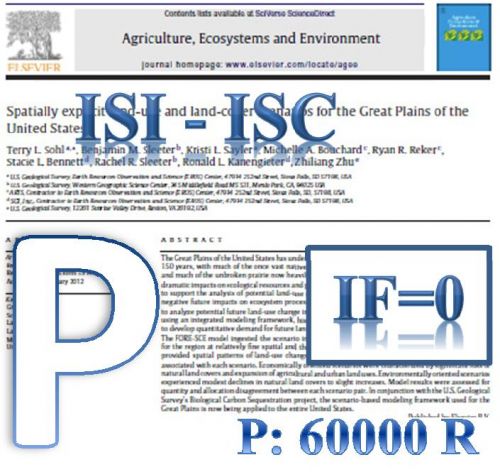Induction of Apoptosis by a Combination of 2-Deoxyglucose and Metformin in Esophageal Squamous Cell Carcinoma by Targeting Cancer Cell Metabolism
نویسندگان : Shafaee A Pirayesh Islamian J Zarei D Mohammadi M Nejati-Koshki K Farajollahi AR Aghamiri SMR Rahmati Yamchi M Baradaran B Asghari Jafarabadi M
Background: Both mitochondrial dysfunction and aerobic glycolysis are signs of growing aggressive cancer. If altered metabolism of cancer cell is intended, using the glycolysis inhibitor (2-deoxyglucose (2DG)) would be a viable therapeutic method. The AMP-activated protein kinase (AMPK), as a metabolic sensor, could be activated with metformin and it can also launch a p53-dependent metabolic checkpoint and might inhibit cancer cell growth. Methods: After treatment with 5 mM metformin and/or 500 µM 2DG, the TE1, TE8, and TE11 cellular viability and apoptosis were assessed by MTT, TUNEL, and ELISA methods. The changes in p53 and Bcl-2 genes expression levels were examined using real-time PCR method. Data were analyzed by KruskalWallis test using the SPSS 17.0 software. Results: Metformin and 2DG, alone and in combination, induced apoptosis in the cell lines. Real-time PCR revealed that metformin induced apoptosis in TE8 and TE11 cells by activating p53, down-regulating Bcl-2 expression. The induced apoptosis by 2DG raised by metformin and the combination modulated the expression of Bcl-2 protein in all cell lines and it was more effective in TE11 cell line. Conclusion: Metformin induced apoptosis in ESCC by down-regulating Bcl-2 expression, and up-regulating p53 and induced apoptosis increased by 2-deoxy-d-glucose. Thus, the combination therapy is an effective therapeutic strategy for esophageal squamous cell carcinoma.
کلید واژگان :2-Deoxy-D-Glucose , Esophageal carcinoma , Metformin , Apoptosis
ارزش ریالی : 600000 ریال
با پرداخت الکترونیک
جزئیات مقاله
- کد شناسه : 2157760716267329
- سال انتشار : 2019
- نوع مقاله : پذیرفته شده در مجلات Scopus ,ISI, با IF=0
- زبان : انگلیسی
- محل پذیرش : Iranian Journal of Medical Sciences
- برگزار کنندگان :
- ISSN : 0253-0716, 1735-3688
- تاریخ ثبت : 1398/10/08 11:42:42
- ثبت کننده : جلیل پیرایش اسلامیان
- تعداد بازدید : 215
- تعداد فروش : 0
